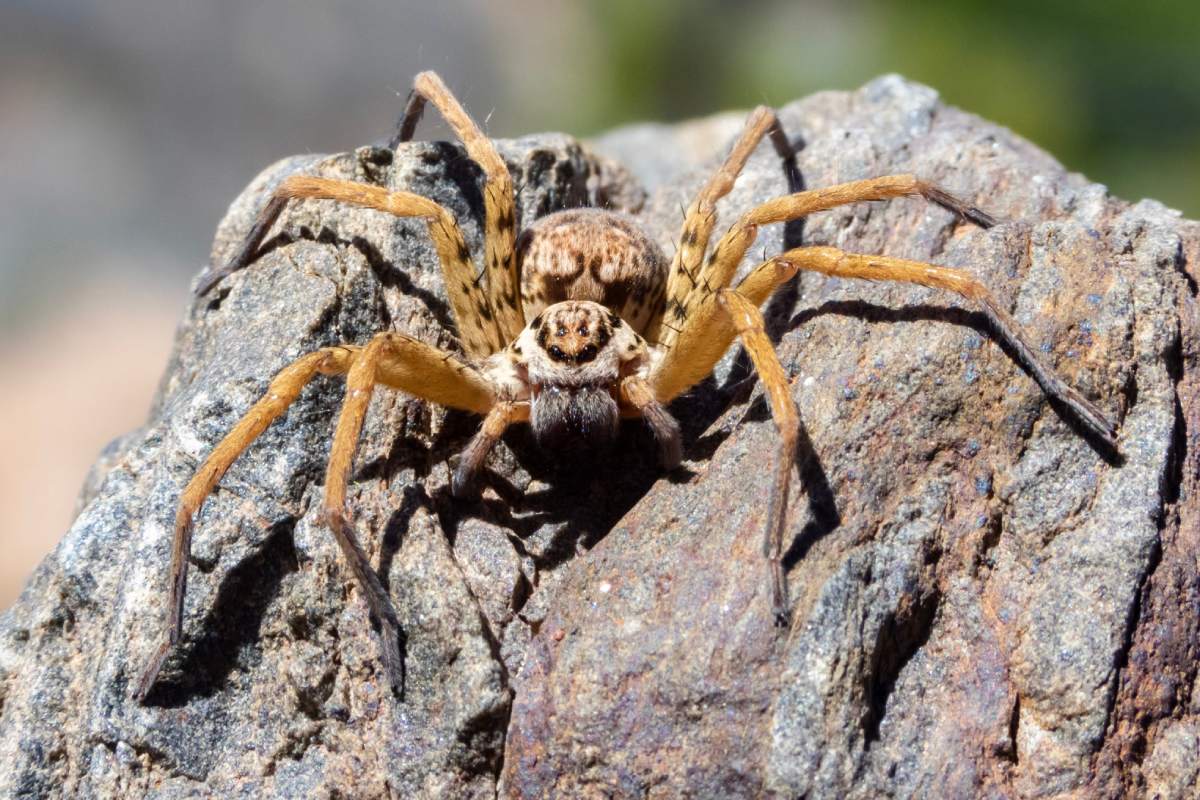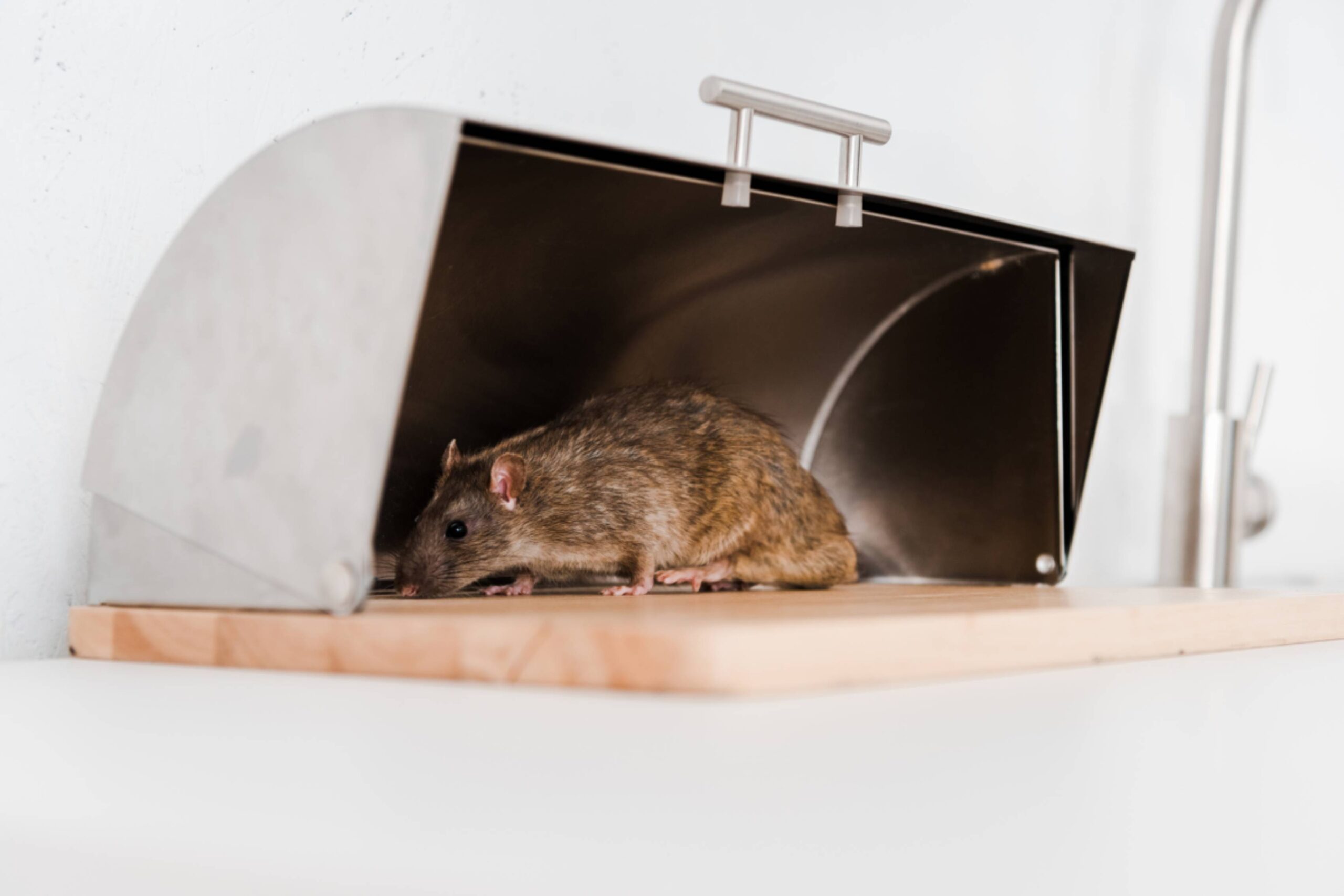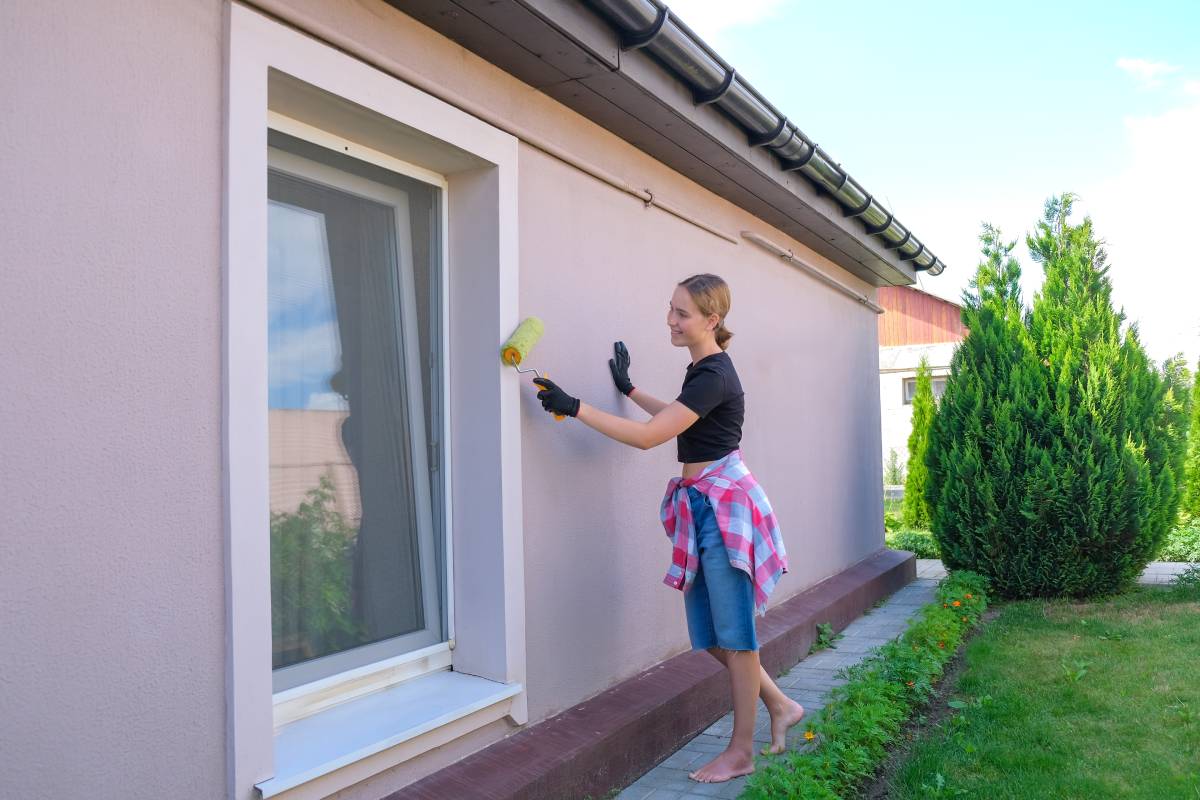Huntsman spiders are among the most well-known and commonly encountered spiders in Australia. Their large size, fast movements, and sudden appearances can alarm many people. But should you be concerned if you find one in your house?
This article will explore whether huntsman spiders pose a threat, what attracts them indoors, and most importantly, what steps you should take if you find one inside your home.
What is a Huntsman Spider?
Huntsman spiders, also known as “giant crab spiders” because of their size and leg span, belong to the Sparassidae family. They are commonly found in Australia but can also be encountered in various parts of the world. They are famous for their speed and ability to climb walls, ceilings, and smooth surfaces.
Huntsman spiders are often mistaken for tarantulas due to their size, but they are significantly different. They have long, slender legs with forward-pointing joints, which gives them their characteristic “crab-like” movement. Their body length ranges from 1 to 5 cm, but their leg span can reach up to 15 cm or more. Despite their intimidating appearance, huntsman spiders are not generally aggressive toward humans.
Should You Be Concerned?
The quick answer is no—there’s little reason to be overly concerned if you find a huntsman spider in your house. Unlike more dangerous species like the funnel-web or redback spider, huntsman spiders are not considered harmful to humans.
Here are a few key reasons why you don’t need to worry too much:
- Low Toxicity: Huntsman spiders are venomous, but their venom is not harmful to humans. The venom is designed to immobilize prey, typically insects, and small creatures like cockroaches. While a bite might cause mild pain, swelling, or discomfort, it is not life-threatening.
- Non-Aggressive Nature: Huntsman spiders are not aggressive and will generally only bite if provoked. Their natural response to humans is to flee rather than attack. They can move quickly and may dart away when startled, making them more of a nuisance than a danger.
- Pest Control: One of the biggest benefits of having a huntsman spider around is that they help control other pests in your home. These spiders hunt and feed on insects like mosquitoes, flies, and cockroaches. If you’ve got a huntsman in your home, it might just be doing you a favour by keeping your environment free of smaller, more annoying pests.
Anyway, if you’re not familiar with what kind of spider you’re looking at and not sure if they’re venomous or not, it’s best to call Expert Pest Control. They can provide you with a way to deal with spiders and always make sure you’re enjoying the peace of mind of knowing your homes are protected, clean and safe.
Why Do Huntsman Spiders Come Into Houses?
Huntsman spiders are typically outdoor creatures, but they often find their way inside your home or your garage for a variety of reasons, especially in Australia’s hot climate. Here are the main reasons they might enter your home:
- Seeking Shelter: Huntsman spiders are often found in houses during extreme weather conditions. Whether it’s excessive heat or rain, they might enter your home in search of shelter.
- Looking for Prey: Houses can attract other insects, such as cockroaches and flies, which are common prey for huntsman spiders. If these smaller pests are in your home, a huntsman might follow them inside.
- Mating Season: During their mating season, huntsman spiders become more active in their search for a mate. This increased activity can lead to more encounters with humans, as they may inadvertently enter homes during their search.
What Should You Do If You Find a Huntsman Spider in Your House?
Even though huntsman spiders are not dangerous, their size and speed can still make them unsettling to have indoors. Here’s a practical guide on what to do if you find one in your house:
1. Stay Calm
The first and most important step is to remain calm. Huntsman spiders, despite their large size, are not out to harm you. Their natural instinct is to flee, not to bite. Sudden movements can cause the spider to react unpredictably, so it’s best to stay calm and approach the situation slowly.
2. Don’t Try to Kill It
While your first instinct might be to squash the spider, it’s important to remember that huntsman spiders are beneficial for pest control. Killing them means you’re also eliminating a natural form of insect management in your home. Plus, killing a spider can lead to a messy situation, especially given the size of huntsman spiders.
3. Gently Relocate the Spider
The best course of action is to capture the spider and release it outside. Here’s how to safely relocate a huntsman spider:
- Get a container: Find a wide, flat container like a plastic tub or large jar, along with a piece of stiff paper or cardboard.
- Slow approach: Slowly approach the spider without making sudden movements, as this can cause it to run and hide. If the spider is on a wall, place the container gently over it.
- Slide the paper: Once the spider is inside the container, carefully slide the piece of paper between the wall and the container. This traps the spider inside without harming it.
- Take it outside: After capturing the spider, take it outside, preferably to a garden or bushy area, and gently release it.
4. Block Entry Points
After you’ve successfully relocated the spider, you might want to take steps to prevent future visitors. Common entry points for spiders include gaps under doors, cracks in walls, or open windows without screens. Seal up any cracks and make sure doors and windows are well-fitted.
5. Use Spider Repellents
If you prefer not to deal with huntsman spiders at all, you can try using natural repellents. Essential oils like peppermint, tea tree, or eucalyptus have been found to be effective in deterring spiders. You can make a spray by mixing a few drops of essential oil with water and spraying it around window sills, doorways, and other potential entry points.
When to Seek Medical Attention
Although it’s rare, there are instances where you may need to seek medical attention after a huntsman spider bite. If you experience the following symptoms, it’s a good idea to see a doctor:
- Allergic Reactions: While rare, some people might be allergic to spider bites, and huntsman spiders are no exception. If you experience difficulty breathing, swelling in the face or throat, or a widespread rash, seek medical help immediately.
- Infection: Any spider bite, including those from huntsman spiders, can potentially lead to infection if not properly cleaned. If the bite area becomes red, swollen, or starts to ooze pus, consult a healthcare professional.
Conclusion: Should You Be Concerned?
Finding a huntsman spider in your house can be an unnerving experience, but it’s important to remember that these spiders are more helpful than harmful. They are non-aggressive, low in toxicity, and help control household pests like cockroaches and flies. If you encounter one, there’s no need to panic. Instead, stay calm, gently capture the spider, and release it outside. By sealing entry points and keeping your home clean, you can also reduce the chances of future visits.
Huntsman spiders might look intimidating, but they play an essential role in the ecosystem—both outdoors and inside your home.




